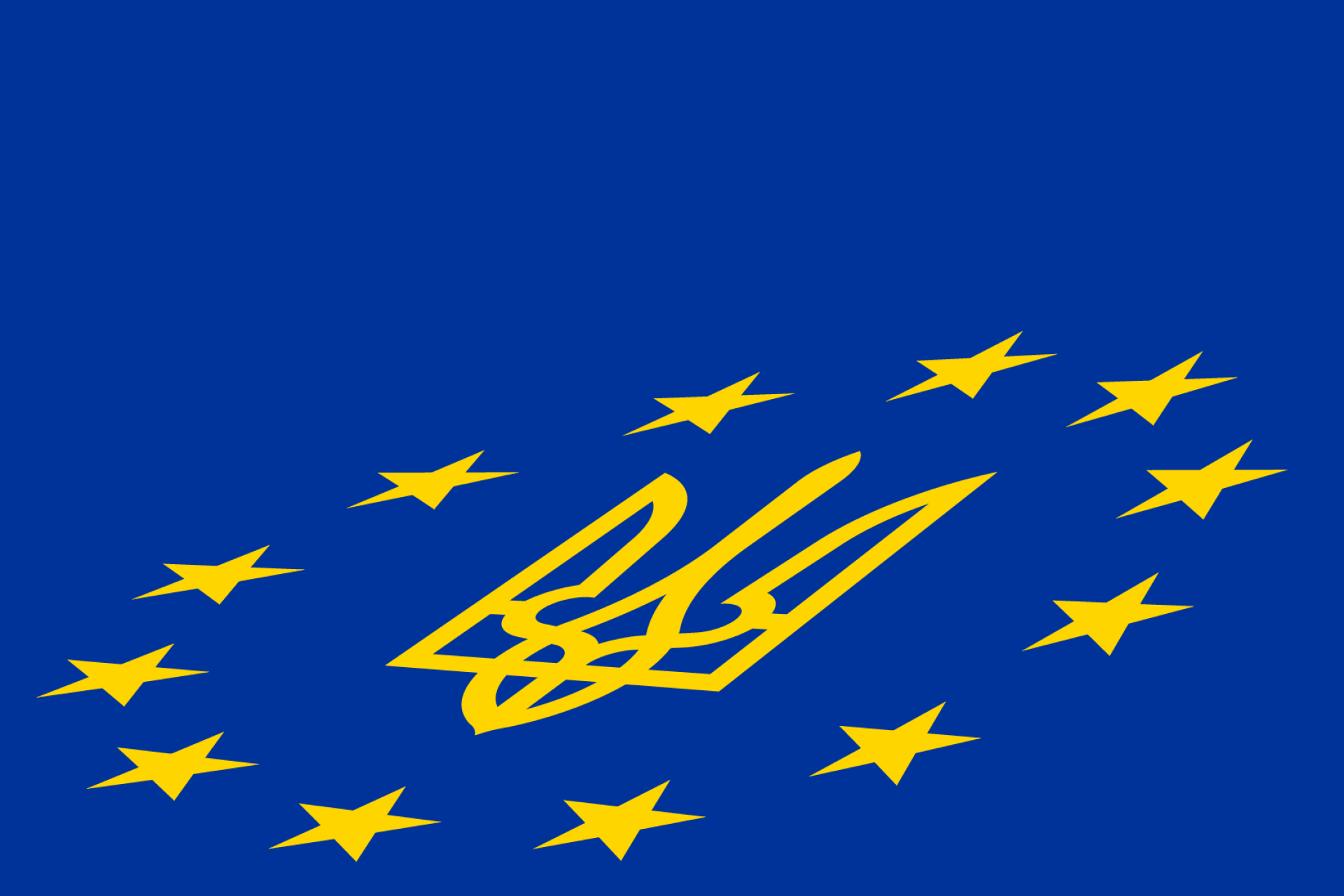- Category
- Life in Ukraine
Ukraine Is Celebrating Europe Day and We Took to the Streets to Find Out Why

For Ukraine, Europe Day isn’t mere symbolism. It’s a huge step towards a new national identity, and a reminder for Europe of the fragility of peace on the continent.
This May 9th marks Ukraine’s second celebration of Europe Day — a move that speaks volumes. It’s more than aligning with Europe; President Zelenskyy’s 2023 decree signaled a decisive break from Russia, which celebrates its Victory Day on the same date. Ukrainians, embracing their European identity even further, will join in observing Victory in Europe Day on May 8th.
Back in 1950, a war-weary Europe lay in ruins. French Foreign Minister Robert Schuman, however, had a vision that stretched beyond bricks and mortar. He saw coal and steel production as the unlikely path to better living standards and lasting peace on the continent.
This vision gave rise to the European Coal and Steel Community (ECSC), the European Union’s forerunner. Its founding members — France, Germany, Italy, Belgium, the Netherlands, and Luxembourg — spoke to the power of unity forged from past conflict.
Schuman’s instincts proved right. Europe embarked on an era of peace and rising prosperity — a stark contrast to the devastation it had known. Russia’s 2022 invasion of Ukraine served as a brutal wake-up call.
Zelenskyy’s decision to adopt Europe Day during the continent’s largest conflict since WWII carried deep symbolism. It was a rejection of Russia’s ambitions for a rival trade bloc in the East, and a clear declaration: Ukraine stands as a shield for Europe against Russian expansionism.
The EU’s own memories of war fueled its swift and decisive support for Ukraine. An April 2022 report showed widespread backing for substantial financial, humanitarian, and military aid, along with support for refugees.
This sentiment was echoed by European Commission President Ursula von der Leyen in her September 2023 speech: “Ukraine is in our Union.” That December, the European Council opened accession negotiations with Ukraine, signaling a remarkable shift.
It seems European identity is at an all-time high. A Razumkov Center poll confirms the trend, noting that in 2023, a full 51% of Ukrainians feel European. Back in 2005, that figure was just 36%.
With this rising sense of shared identity, we took to the streets of Kyiv. What makes Ukrainians resonate with the European ideal? Discover their voices in our special Europe Day 2024 report!

-7f50738271c122a9b5e663cb80703dd6.jpg)


-554f0711f15a880af68b2550a739eee4.jpg)


